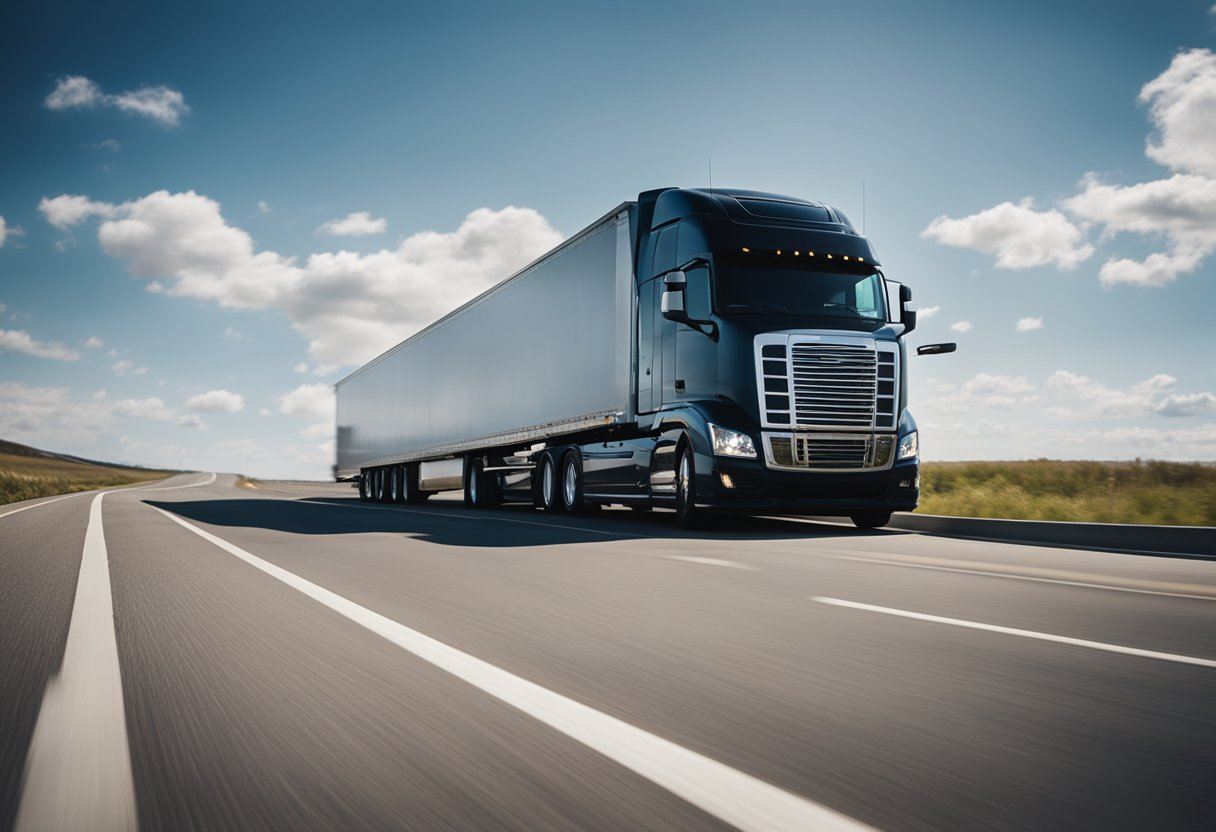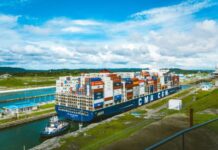In the complex world of logistics and transportation, questions about liability often arise, particularly when truck accidents occur. Shippers can be held liable for truck accidents under certain conditions, mainly if negligence in the shipping process is proven. Understanding the nuances of this liability is essential for businesses that rely on transportation to safeguard their assets and reputation.
The relationship between shippers and carriers can significantly impact claims of liability. Factors such as the nature of the shipping contract, the actions of the driver, and adherence to safety regulations all contribute to determining responsibility. This dynamic landscape necessitates a thorough assessment of each incident to ascertain fault.
Determining Liability in Truck Accidents
Liability in truck accidents is a complex issue influenced by various factors. Federal and state regulations, the concept of negligence, and the common causes of truck accidents play significant roles in determining who is responsible.
Federal and State Regulations
Regulations set by the Federal Motor Carrier Safety Administration (FMCSA) provide guidelines for truck operators. These regulations govern vehicle maintenance, hours of service, and driver qualifications.
State laws also impact liability assessments. Each state may have specific statutes regarding commercial vehicle operations. For example, Washington State has laws that outline permissible weights and load limits for trucks.
Compliance with these regulations is crucial. Failure to adhere can establish grounds for liability. For instance, if a driver exceeded the hours of service limit and caused an accident, both the driver and trucking company may share liability.
Negligence and Responsibilities
Negligence is a key factor in establishing liability. It involves a failure to act with the care that a reasonably prudent person would exercise. In truck accidents, this can involve various parties, including drivers, trucking companies, and shippers.
A trucking company is responsible for ensuring their drivers are adequately trained and that vehicles are properly maintained. If a company fails to uphold these responsibilities, they may be found liable for negligence.
Common Causes of Truck Accidents
Several factors contribute to truck accidents. Distracted driving is a leading cause, with drivers using phones or engaging with in-cab technology.
Fatigue among drivers also plays a significant role. Adhering to hours of service regulations is critical to preventing accidents. Mechanical failure, often due to inadequate maintenance, can lead to serious incidents as well.
Environmental factors like weather and road conditions are also important. Poor visibility, slick roads, and debris can increase the likelihood of accidents. Understanding these causes helps in determining who might be liable in the event of an accident.
Legal Actions and Considerations

When involved in a truck accident, understanding legal actions and considerations is crucial. The process of filing a claim, knowing potential compensation, and the importance of hiring a Washington State Truck Accident Attorneys can significantly impact the outcome of a case.
Filing a Claim: Steps and Evidence
Filing a claim after a truck accident requires following specific steps. Initially, it is essential to gather crucial evidence at the scene, such as photographs of the accident, witness statements, and police reports.
Next, individuals should contact their insurance company to report the accident. Providing detailed information, including documentation of injuries and damages, is vital. Collecting medical records and bills will help substantiate claims.
Lastly, deadlines for filing claims vary by state. In Washington State, for instance, the statute of limitations for personal injury claims is three years from the date of the accident. Timely action is necessary to ensure rights are protected.
Potential Compensation and Damages
Compensation for truck accidents can cover various damages. They typically include medical expenses, lost wages, and property damage. Pain and suffering, both physical and emotional, can also be claimed.
In Washington State, comparative negligence laws may affect compensation amounts. If the injured party is found partially at fault, their compensation may be reduced based on their percentage of responsibility.
It is essential to assess total damages accurately, as they determine potential recovery amounts. Consulting with a knowledgeable attorney can help clarify what damages can be sought in a particular case.
The Role of a Truck Accident Attorney
A truck accident attorney plays a vital role in navigating the complexities of legal claims. They analyze the specifics of a case to determine liability. They can identify whether the shipper, driver, or company may be at fault. With their knowledge of evidence requirements, they assist clients in gathering necessary documentation.
Furthermore, a truck accident attorney in Washington State can negotiate with insurance companies on behalf of clients. This often leads to better settlement outcomes compared to individuals negotiating alone. Their presence can ensure that clients receive fair compensation for their injuries and damages.





